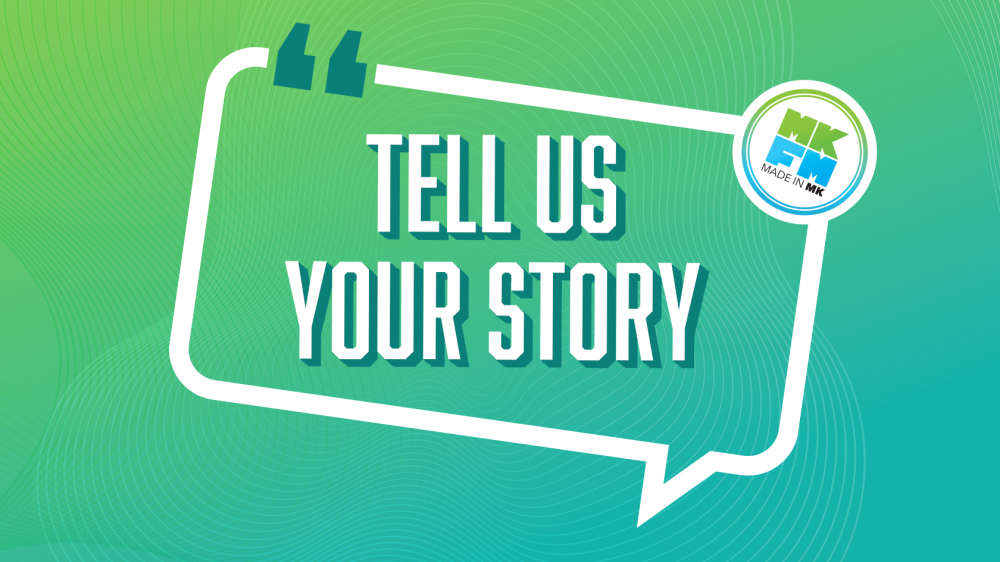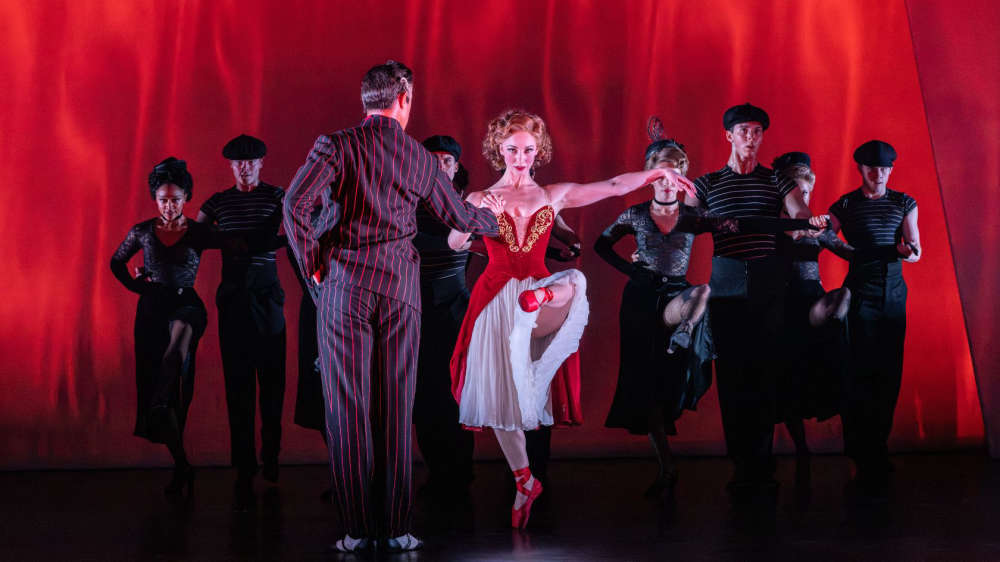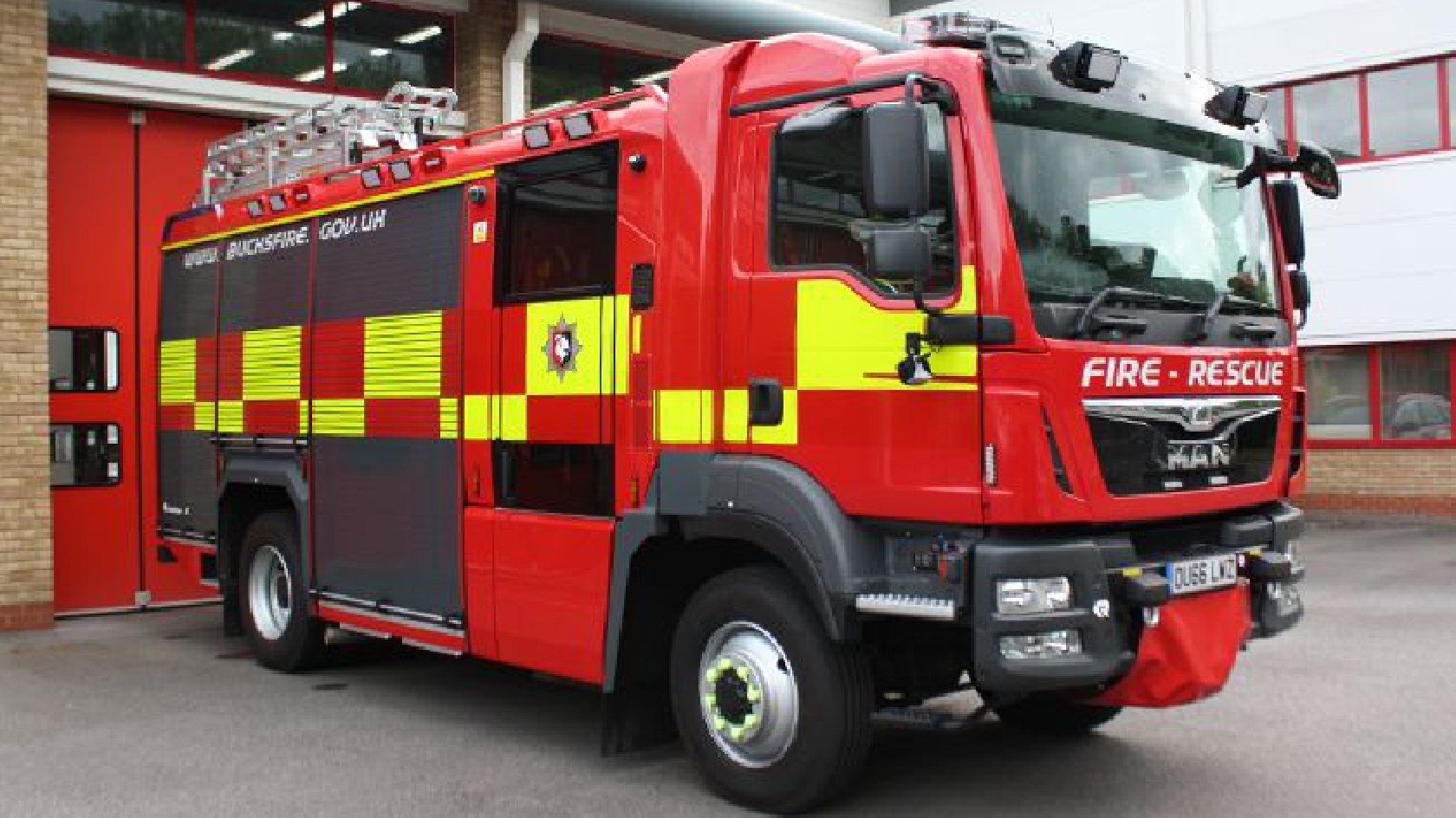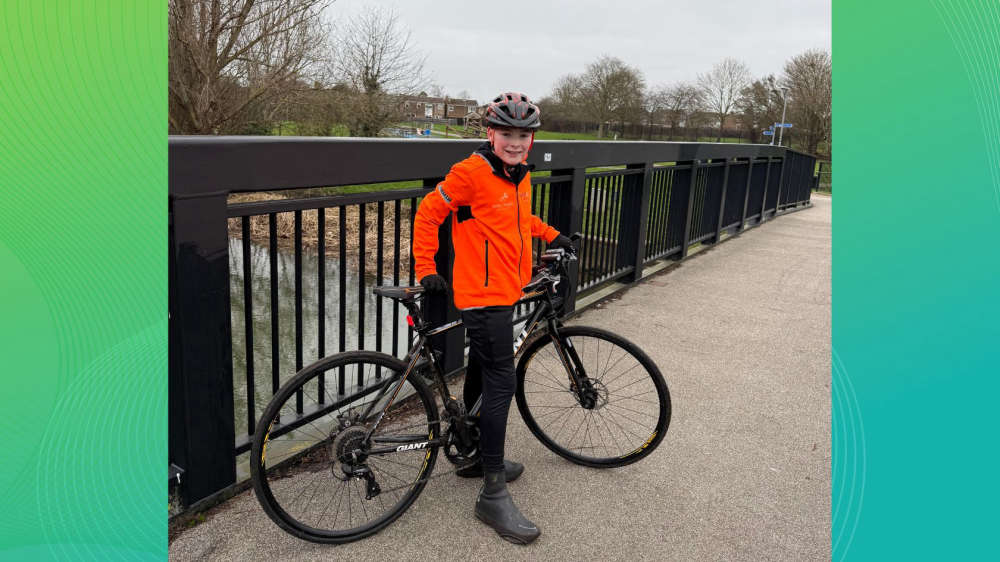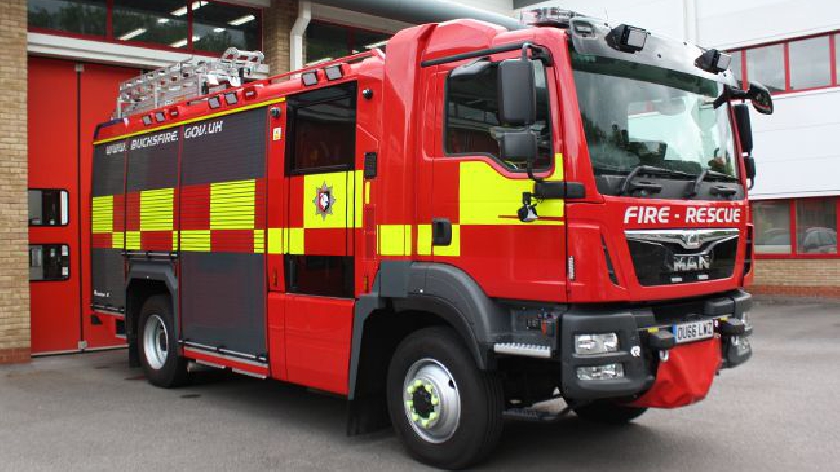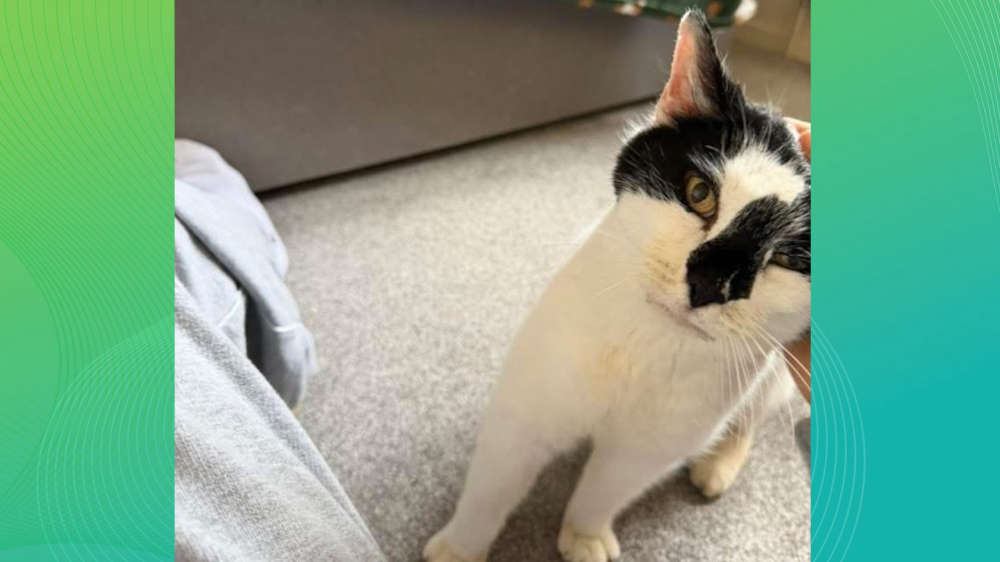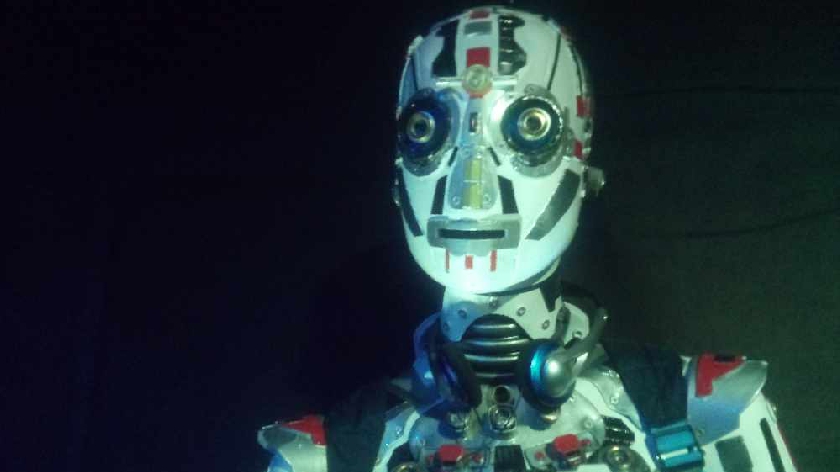
The Milton Keynes network of nine libraries and one mobile service costs £2.5million each year to run, and like many of the council’s service areas isn’t immune from the pressure to save money.
Being served a cup of coffee by a robot doesn’t form part of a traditional view of what happens in a library.
But when mechanical waitress Amy trundles up to a table and asks you to take the coffee cup and touch her arm as part of an exhibition, it’s fair to note that more is stirring than just a mug of Americano.
Cllr Moriah Priestley, the council’s cabinet member for economic growth and community partnerships, is proud that while 127 libraries closed across the country in 2017-18, MK has lost absolutely none.
“Libraries are a gateway to opportunity for the community,” she said. “They are open to everyone and used by people of all faiths and all sections of the community.
“It is beholden on us to find ways to support the service.”
With support from the city’s political leadership, Helen Boult, the city’s library services manager has the task of finding ways to keep libraries relevant in a changing world.
The world is changing fast as people look online for their information and reading material. Reference libraries, with research documents, are no longer needed by people to find vital data, and are one part of the service that is in decline.
The internet has also hit the bottom line of the library service, by denting the income stream.
“We used to make a lot from fines for late payment but that income has virtually disappeared. We send emails to people to remind them to return their books!” said Helen.
MK libraries also used to make money from renting out CDs and DVDs, but that market, too, has gone from under them as people turned to online streaming services like Netflix.
“We are always looking at new ways to generate an income,” she said.
A coffee machine at the entrance to MK’s Central Library is just one small example of the ways libraries are changing into safe spaces that the whole community can use.
The city’s library service is now all about making more inventive use of space, by holding events that bring people through the doors. The library charges people and organisations to rent the space and generate an income.
The latest exhibition, called Robotazia, has been so successful that its run has been extended into March. And the organisers, a new business, are now looking for a permanent space in Central MK where they can set up a robot-inspired exhibition.
Robotazia has been such a hit that it helped increase the number of visits to the library in December by some 38 per cent.
Renting out library space is seen as such a large part of the future for the service, that the newly refurbished Westcroft Library has book shelves that can be moved around, to create more spaces.
But with two million books in Milton Keynes, and access to millions more from around the country as part of a 13-strong library consortium, there seems to be plently of life left in the humble book-based service yet.
The figures seem to support that, too, as more than 850,000 books were issued by MK’s libraries in the past 12 months, and 6,000 people joined up to membership. In comparison, just 74,034 computer sessions were logged by the service.
“It’s about us providing a service online and with books,” said Helen Boult. “I think we are a place for both.”
And the libraries are increasingly places where you will be able to find groups of children, mums, business people and pensioners using the coffee machine. But you’re unlikely to see a librarian peering over her glasses demanding silence as libraries evolve into centres of community life.

